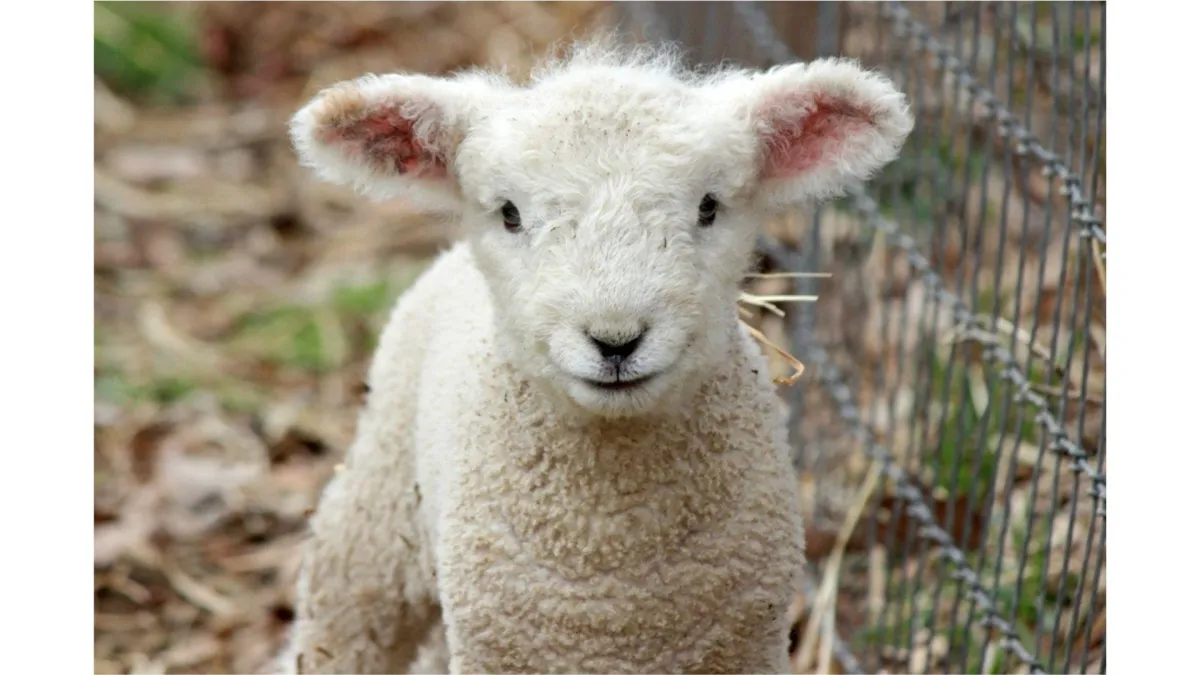
Animal welfare - your obligations
If you own animals, whether livestock or pets, you have legal responsibilities under the Animal Welfare Act 1999. These laws apply to all animal owners and people in charge of animals in New Zealand, including lifestyle block owners.
What the Law Requires
The Act requires that you meet all the physical, health, and behavioural needs of your animals. This includes:
Providing adequate food and water
Ensuring suitable shelter and living conditions
Enabling animals to display normal patterns of behaviour
Preventing or promptly treating illness or injury
Handling and killing animals humanely
It is an offence to cause unnecessary or unreasonable pain or distress, whether through neglect, poor management, or direct ill-treatment.
Even if the harm is unintentional, failing to meet these legal obligations can result in prosecution.
Veterinary Treatment and Surgical Procedures
If an animal is sick, injured, or in pain, you must either treat it yourself (if appropriate and within the law) or seek veterinary care. It is illegal to ignore an animal’s suffering.
Certain surgical procedures can only be carried out by a registered veterinarian, including:
Castration
Disbudding and dehorning
Tail docking (in some species)
Dew claw removal (in older animals)
Major dental or internal procedures
Pain relief is also required by law for many procedures, and in most cases, only a veterinarian can prescribe or administer it.
Understanding the Codes of Welfare
While the Animal Welfare Act sets the legal framework, it is the Codes of Welfare that explain the specific minimum standards and recommended best practices for each species. These include:
Each Code includes legal minimum standards, as well as best-practice guidance to help you improve animal welfare on your block.
Animal Welfare Regulations
To make enforcement easier, the government has also introduced Animal Welfare Regulations, which clearly define what is and isn’t acceptable. These regulations:
Support the Codes of Welfare by making some requirements directly enforceable
Allow MPI and SPCA Inspectors to issue fines or pursue prosecution for non-compliance
Apply to a wide range of issues, including tethering, shelter, surgical procedures, and transport
For a full list of the current regulations and the penalties associated with them, visit the MPI Animal Welfare Regulations page.
Final Thoughts
If you keep animals, it’s your legal duty to understand their needs—and to meet them. Familiarising yourself with the relevant Codes of Welfare and Regulations is one of the best ways to protect your animals and yourself.
Whether you're new to lifestyle farming or have years of experience, staying informed is key to ethical, lawful animal management.

